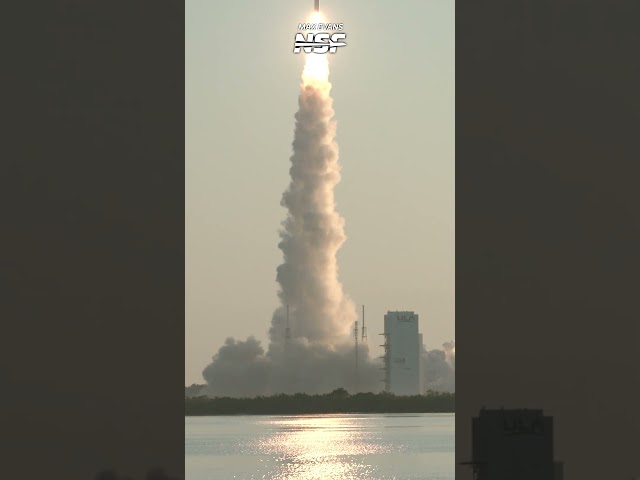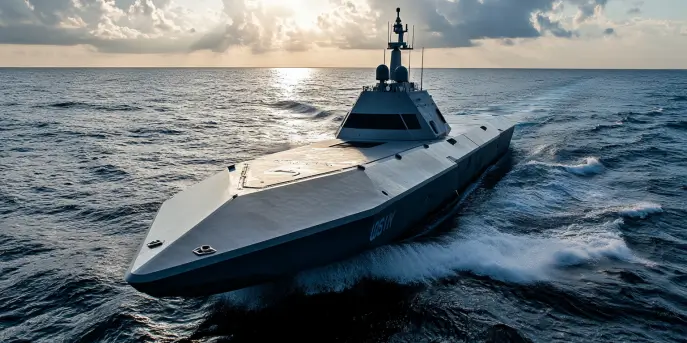NASA’s ambitious mission to retrieve rock samples from Mars for potential insights into past life encounters is undergoing a significant reassessment.
The U.S. space agency recently acknowledged that the current mission blueprint cannot deliver samples before 2040 due to resource limitations, with an estimated budget of $11 billion deemed financially unsustainable.
Consequently, NASA is actively exploring cost-effective and expedited alternatives, aiming to unveil a viable solution this year. The endeavor to transport Martian samples has long been regarded as paramount in planetary exploration, akin to the groundbreaking return of Moon samples during the Apollo missions.
However, the existing plan’s feasibility within the prevailing financial climate has been called into question.
“An $11 billion price tag and a delivery timeline stretching to 2040 are simply untenable,” remarked NASA Administrator Bill Nelson, emphasizing a commitment to safeguarding the agency’s other scientific missions from being overshadowed by the Mars initiative.
The Mars Sample Return (MSR) program, a collaborative effort between NASA and the European Space Agency (ESA), hinges on intricate logistics. Presently, NASA’s Perseverance rover is diligently cataloging Martian samples, but the subsequent mission entails landing a rocket on the Red Planet, which would then rendezvous with a European spacecraft to ferry the samples back to Earth.
However, a recent independent review flagged implementation flaws, casting doubts on both the feasibility of the proposed schedule and the burgeoning costs, potentially swelling between $8 and $11 billion.
In response, NASA affirmed a commitment to exploring innovative solutions to expedite sample return while trimming costs.
“We’re leaving no stone unturned in our quest for earlier sample retrieval at a reduced expense,” stated Dr. Nicola Fox, head of NASA’s Science Directorate, hinting at potential design innovations, including streamlined rocket configurations.
Amidst these recalibrations, NASA remains steadfast in its pursuit of MSR, albeit with a revised budgetary framework. The Perseverance rover, meanwhile, continues its exploratory odyssey within Mars’ Jezero Crater, offering tantalizing prospects for uncovering ancient microbial life traces.









